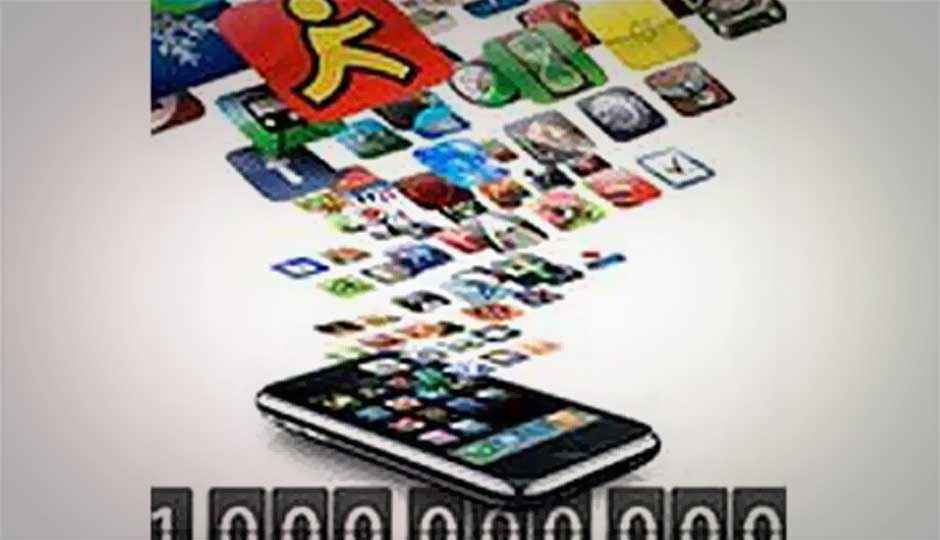In 2012, the Mobile Web will blur tech boundaries

From my perspective, 2011 was mostly characterized by the broader acceptance of tablets and cloud computing and I expect those trends will continue in 2012. Still, two big contentions remain that I think may well define technology in the coming year: traditional PC technology versus mobile technology and web-based applications versus native clients. The competition in these areas has already begun to heat up and will play out over several years, but I think this year promises a lot of action on both fronts.
In the past year, we've witnessed traditional PC technology intersecting mobile technology. Smartphone sales top those of PCs and mobile devices are quite likely to become the dominant way that people access the Internet. As mobile technology gets faster and more powerful, traditional mobile designs, chips, and operating systems begin to tackle things that were previously the province of the PC, such as high-resolution games and business productivity.
A few years back, Qualcomm toyed with the idea of "smartbooks," fundamentally smartphones or tablets with keyboards. These lightweight notebooks running a phone operating system didn't go very far then, but they are likely to resurface this year. For instance, it's easy to think of the Asus Transformer Prime with its keyboard as an Android-based notebook. I expect we'll see a lot more products like that in 2012. It's not too big of a stretch to imagine Apple shipping a thin notebook that runs iOS, essentially an iPad with a keyboard. In addition, the news that Windows 8 will run on ARM-based processors has both Qualcomm and Nvidia (and potentially Texas Instruments) talking about ARM-based Windows notebooks.
At the same time, all the big PC vendors are taking aim at the mobile market. Windows Phones and Tablet PCs have so far been mostly niche products, but Microsoft has made it clear that it will push Windows 8 on tablets. I expect a broader push for Windows Phones, as well. Intel is venturing further into the smartphone and tablet markets with its Medfield and Clover Trail processors and AMD is talking more about tablets, too.
I expect the vast majority of PCs will run traditional chips and Windows and the vast majority of smartphones and tablets will run traditional mobile OSs and ARM-based processors in 2012. The potential for competition, however, forces all the vendors, and especially the companies that make final products, to take another look at their offerings. The result can only be good for innovation.
Also this year, web apps will come face to face with native applications. Until now, almost all the really powerful applications have been native applications of one sort or another, whether traditional Windows-based client applications or applications written for iOS, Android, BlackBerry, PlayStation, Xbox, or other specific platforms. Web-based applications—or software-as-a-service (SaaS), as the concept is sometimes called—have been growing. Applications such as Salesforce, Netsuite, Workday, Concur, and Google Docs are increasing in power. Microsoft has gotten in the game with its Office 365 and big enterprise companies like Oracle and SAP are now talking about this, as well.
But browser-based applications have had some limitations: restricted use of local processing, minimal graphics support, spotty connectivity, and little or no offline usage. HTML5, especially as it evolves, promises to change this. All the big browser makers are promising more support in the year ahead, though with important differences among them.
We've already seen a few companies, like the Financial Times, try to use web-based applications to get around the limitations imposed by the platform makers' application stores.
Meanwhile, Apple pioneered the App Store. Recently, more app stores from Google, Amazon, and Microsoft are also getting attention. In some respects, that's understandable; easier organization makes it easier for consumers to find the applications they want, and it's good to see the platform makers trying to do more to police applications in this world of continuing security threats. Of course, it also puts more control (and a cut of sales) back into the hands of the platform vendors.
It's interesting that the companies that are pushing app stores the hardest—Apple, Google, and Microsoft—are all also promising more and better HTML5 support. It will be interesting to see how well each company balances these competing trends.
There are many other technology trends, of course. I expect that 2012 will be the year we finally see commercial large-screen OLED-based TVs and more connected or "smart" TVs. We'll continue to see a proliferation of mobile, social, location-aware applications for the Internet and smart devices. We'll see thinner notebooks—what Intel calls "Ultrabooks" and faster wireless networks.
On the enterprise side, I expect to hear more about "private clouds" and cloud platforms, and see new versions of some of the key business packages. "Big Data," business intelligence, and analytics deserve and are finally getting much more attention. I expect security and privacy concerns will remain big issues.
In the past few weeks, I've written a number of "roadmap" stories in which I look at what major hardware vendors have planned in various categories: 2012 PC Roadmap, Desktop and Notebook Processor Roadmap, Server Roadmaps, Graphics Roadmap, Mobile Roadmap.
Copyright © 2010 Ziff Davis Publishing Holdings Inc.
source: In 2012, The Mobile Web Will Blur Tech Boundaries




